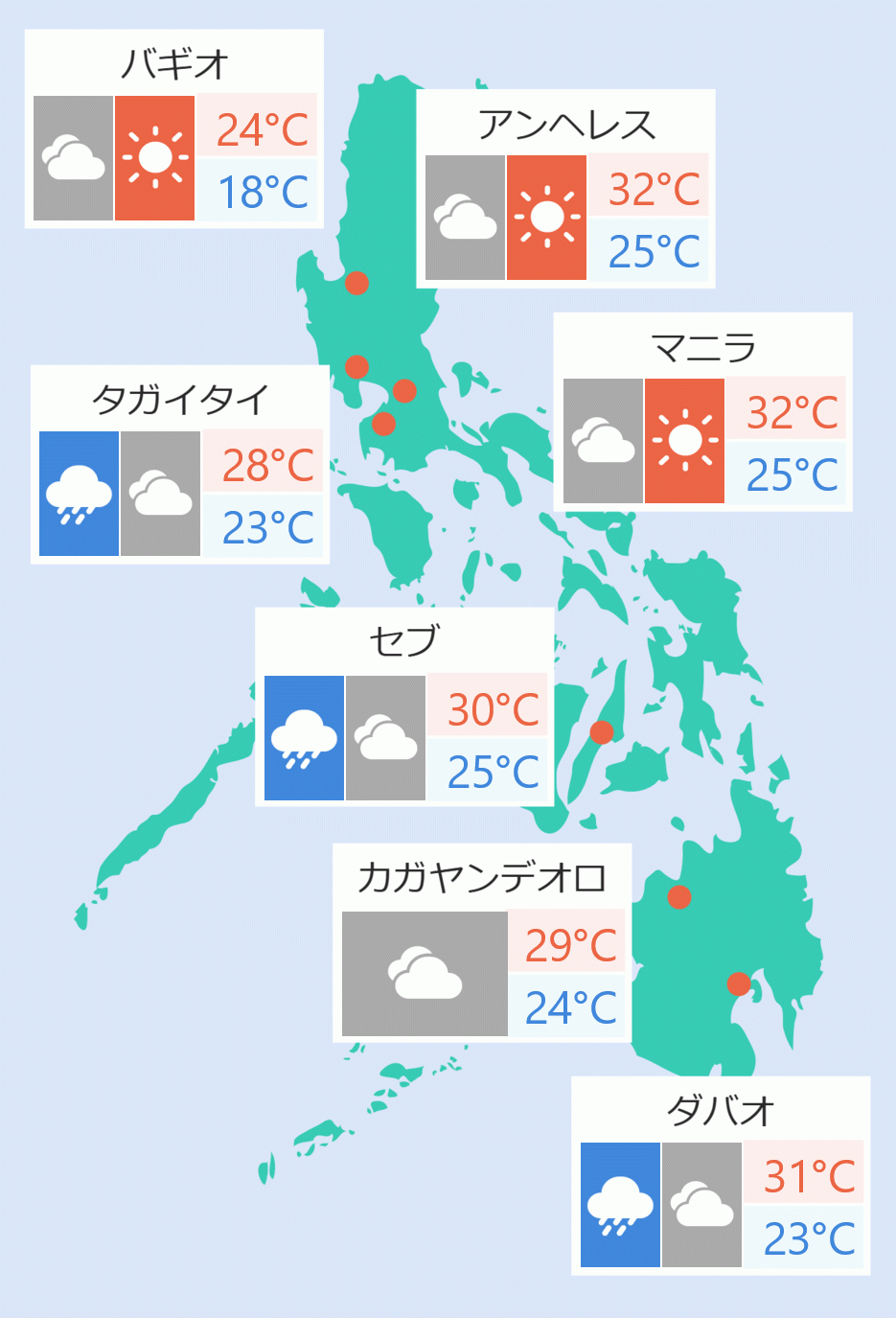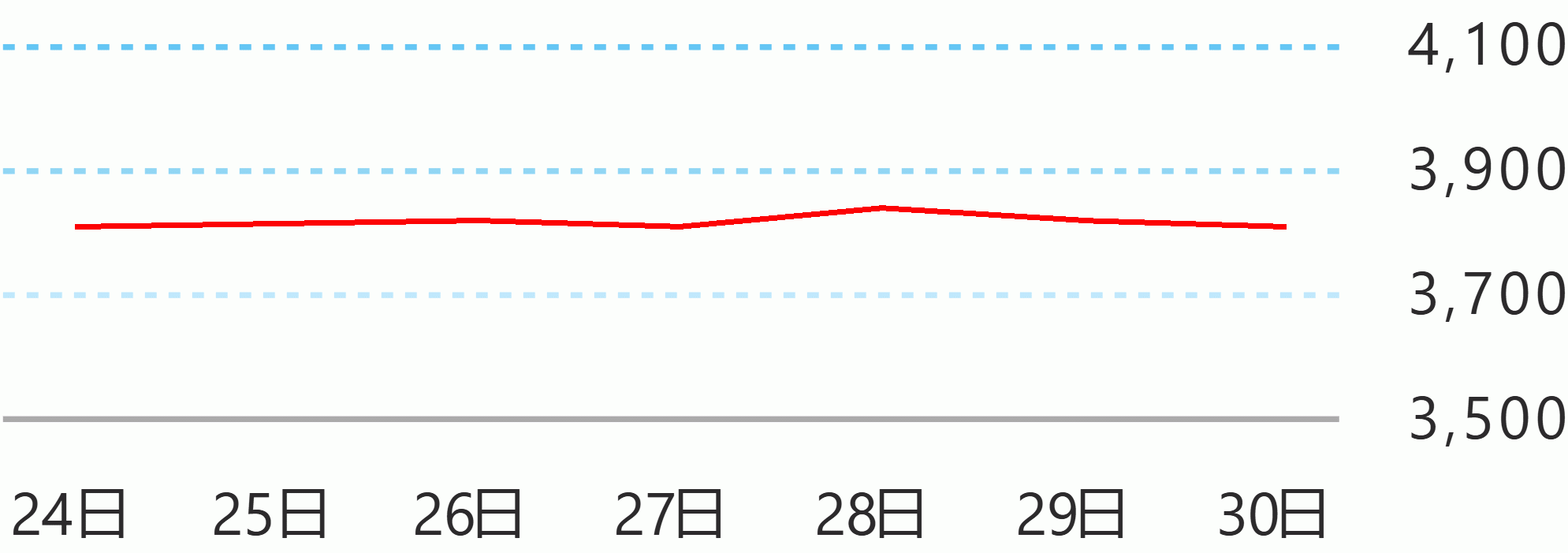The Philippine Statistics Authority (PSA) reported on Tuesday that there was a significant decrease in the country’s overall inflation rate, easing to 0.9 percent in July , down from 1.4 percent in June 2025.
This is the lowest headline inflation rate recorded since October 2019 (0.6 percent). This brings the year-to-date average inflation rate (January to July 2025) to 1.7 percent, reflecting sustained price stability across major commodity groups.
A sustained drop in rice prices significantly eased the cost of living for low-income households, with inflation for the bottom 30 percent income group falling to -0.8 percent in July.
This marks a sharp reversal from the 5.8 percent inflation rate experienced by this group in the same month last year, according to the Department of Economy, Planning, and Development (DEPDev).
The faster decline in inflation for the bottom 30 percent income group was primarily driven by the food and non-alcoholic beverages index, which recorded an inflation rate of -3.0 percent in July , slower than the -2.2 percent in June. Key contributors include rice (-17.8 percent from -16.0 percent), corn (-17.7 percent from -16.0 percent); and vegetables and tubers (-1.9 percent from +0.1 percent).
For all households, the continued deflation in rice (-15.9 percent from -14.3 percent) and vegetables (-4.7 percent from -2.8 percent), along with slower inflation for most key food commodities, including meat (8.8 percent from 9.1 percent), contributed to overall food deflation.
The rice price index, which has been declining year-on-year since January, continued its downward trend for the 13th consecutive month, dropping to 99.4 in July from a high of 118.5 in June 2024. This brings it closer to its pre-price spike value of 97.7 in July 2023.
Meanwhile, non-food inflation was also subdued, supported by deflation in the operation of personal transport (-7.3 percent from -6.9 percent, as global oil prices remained muted, and the significant deceleration in electricity inflation (1.3 percent from 7.4 percent) continued due to lower generation charges and deferred billing adjustments.
DEPDev Secretary Arsenio Balisacan welcomed the continued moderation in inflation, stating, “The sustained drop in rice prices and the easing of inflation for low-income households are clear signs that our interventions are working. This not only helps Filipinos preserve the value of their peso but also builds confidence for businesses and consumers to plan ahead.”
“While we expect the overall inflation for 2025 to remain favorable and supportive of domestic demand, we remain vigilant against external risks, including global policy shifts and geopolitical tensions,” he added. DEPDev Public Relations





 English
English











